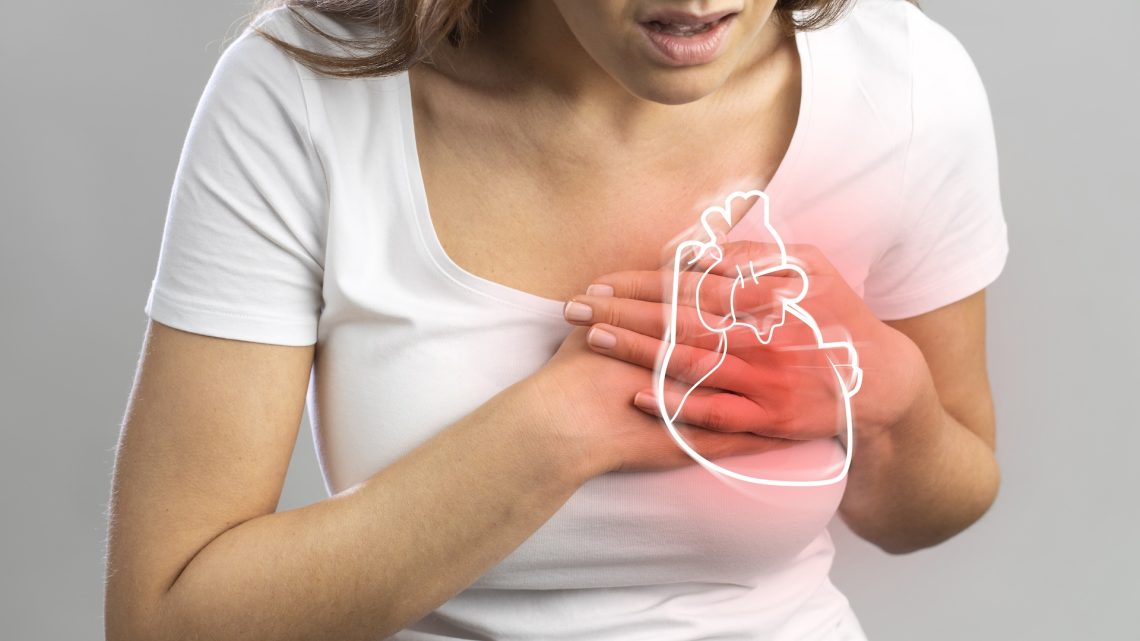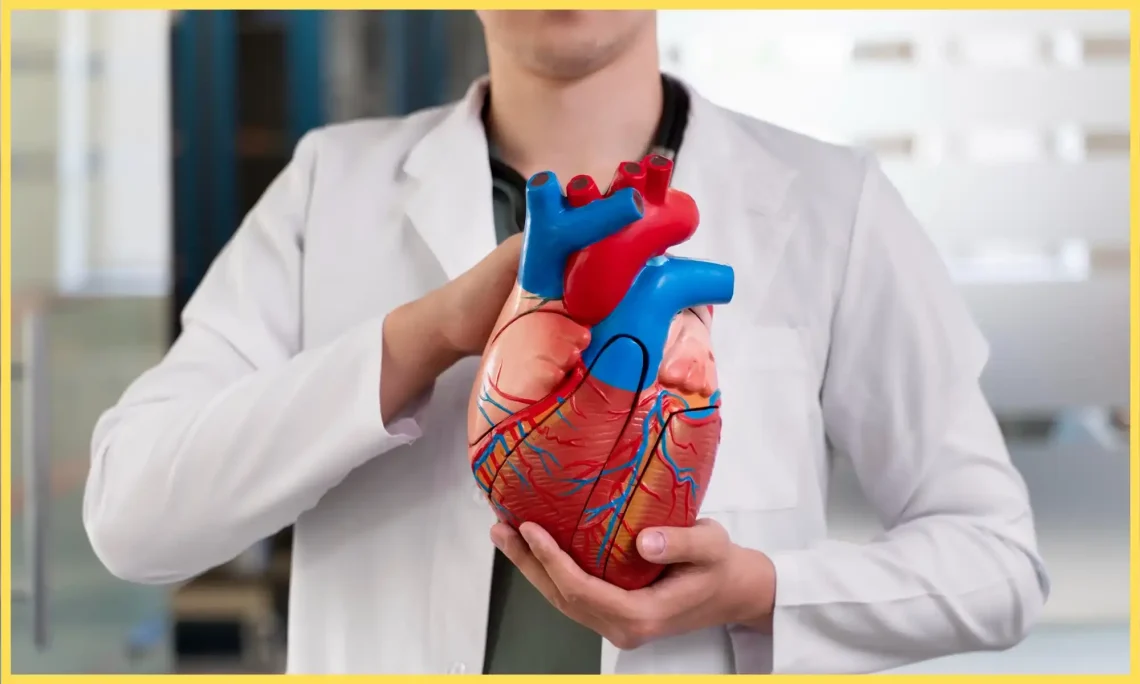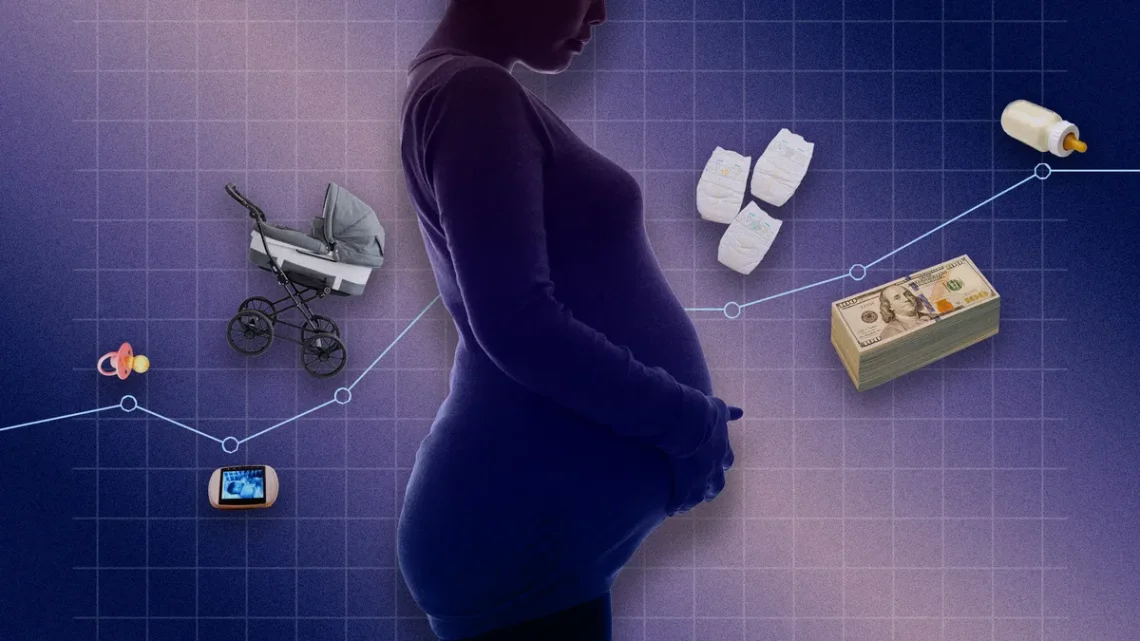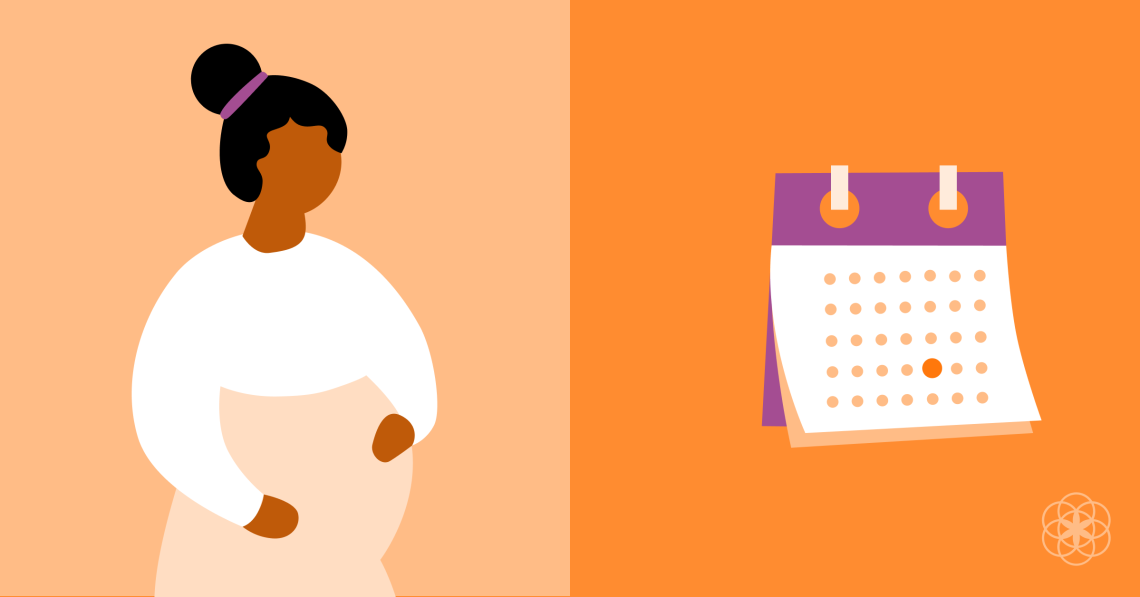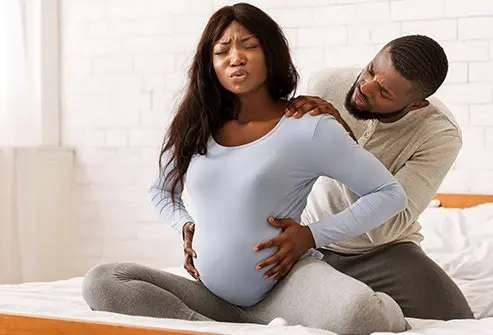Introduction Heart disease is the leading cause of death in women worldwide, yet it remains one of the most under-recognized and underdiagnosed health threats they face. For decades, cardiovascular research and treatment strategies have been primarily focused on men. As a result, many women and healthcare providers are unaware of the unique risks and symptoms women experience when it comes to heart disease. This article explores the key differences in how heart disease affects women, including risk factors, warning signs, diagnostic challenges, and strategies for prevention and care. 1. Why Women’s Heart Health Is Different Biological and Hormonal Differences Gender…
-
-
Introduction Heart disease remains the leading cause of death globally, and heart attacks (myocardial infarctions) are a critical manifestation of this condition. Traditionally, chest pain has been considered the hallmark symptom of a heart attack. However, research and clinical observations reveal that symptoms often vary, especially in women, whose experiences can differ significantly from the classic presentations. Recognizing these non-traditional symptoms can be life-saving, as early intervention dramatically improves outcomes. This article explores the broader spectrum of heart attack symptoms, with a focus on understanding gender-specific differences. Understanding Heart Attacks A heart attack occurs when the blood flow to a…
-
Introduction Hemorrhoids—swollen veins in the lower rectum and anus—are a common discomfort during pregnancy and the postpartum period. Hormonal changes, increased pressure on pelvic veins, and bowel irregularities make pregnant women and new mothers particularly prone to developing hemorrhoids. While usually not dangerous, hemorrhoids can cause pain, itching, and bleeding, impacting quality of life during a time that should be joyful. This article explores the causes of hemorrhoids during pregnancy and after childbirth, symptoms to watch for, prevention strategies, and safe relief options tailored to expectant and new mothers. Why Are Hemorrhoids Common During Pregnancy? Pregnancy creates several physiological changes…
-
Introduction Human Papillomavirus (HPV) is the most common sexually transmitted infection worldwide. Many women of reproductive age may have HPV during pregnancy or become infected while pregnant. While HPV is often harmless and clears on its own, its presence during pregnancy raises questions and concerns about risks to the mother, the baby, and the pregnancy itself. This article explores the relationship between HPV and pregnancy, including potential risks, transmission possibilities, and best practices for management to ensure maternal and fetal health. Understanding HPV in Pregnancy HPV infection is common among women of childbearing age. Many pregnant women with HPV have…
-
Introduction Pregnancy and childbirth are profound experiences filled with joy, hope, and sometimes financial stress. In Pakistan, where healthcare infrastructure and costs vary widely between urban and rural areas, understanding the full financial implications of pregnancy and delivery is crucial for expectant families. While some expenses, like hospital fees, are expected, many hidden costs can add up, creating challenges for families preparing for a new arrival. This article breaks down the real costs involved in pregnancy and childbirth in Pakistan, including hospital charges, necessary tests, delivery options, and often overlooked expenses, to provide a clearer picture for prospective parents. Hospital…
-
Introduction Prenatal care is a vital part of a healthy pregnancy, helping ensure the well-being of both mother and baby. From regular checkups to tailored guidance on nutrition, exercise, and labor preparation, prenatal care supports you every step of the way. However, choosing the right prenatal care isn’t always straightforward. With multiple types of providers, different care philosophies, and varying appointment schedules, understanding your options empowers you to make informed decisions that align with your health needs and personal preferences. This article explores the main types of prenatal care providers, how to customize your birth plan, and the typical prenatal…
-
Introduction Pregnancy is a profound and transformative journey filled with excitement, anticipation, and sometimes uncertainty. Every expectant mother benefits from a network of support to navigate the physical, emotional, and practical challenges that arise along the way. With so many options available, from medical professionals to online communities, it can be overwhelming to decide which resources are essential. This article highlights the top 10 must-have support resources for pregnant women, emphasizing the importance of both emotional and medical support. We’ll explore how to balance online and offline help and guide you in choosing the resources that fit your unique needs.…
-
Introduction One of the most anticipated dates during pregnancy is the due date — the day your healthcare provider estimates you’ll welcome your baby into the world. However, many expecting parents are surprised to learn that due dates are just estimates, and the actual birth date can vary widely. Understanding how your due date is calculated and why it might not be exact can help you better prepare emotionally and practically for the arrival of your baby. In this article, we will explore the common methods used to estimate due dates, factors that affect their accuracy, and why babies often…
-
Introduction As your pregnancy nears full term, the anticipation of labor can be both exciting and nerve-wracking. While the exact timing of labor can be unpredictable, your body often sends signals indicating that labor is likely to start within the next 24 to 48 hours. Recognizing these signs can help you prepare mentally and physically, ensuring you know when to contact your healthcare provider or head to the hospital. In this article, we will discuss the common physical signs that labor is approaching, the emotional shifts you might experience, and clarify what it really means when labor “starts.” Being aware…
-
Introduction Pregnancy is a time full of new sensations and experiences, many of which can be confusing or even alarming for first-time moms. One such experience is Braxton Hicks contractions, often called “practice contractions.” They can cause worry because they sometimes feel similar to real labor contractions, but understanding what they are and how to distinguish them can help you feel more at ease during your pregnancy. In this article, we’ll explain what Braxton Hicks contractions are, their purpose, how to tell them apart from real labor contractions, and when you should contact your doctor for advice. Definition & Purpose…

